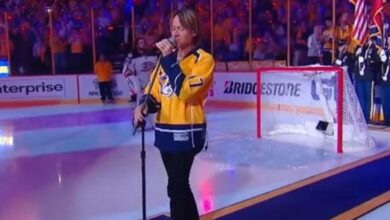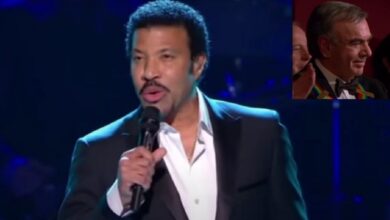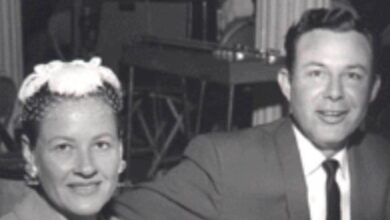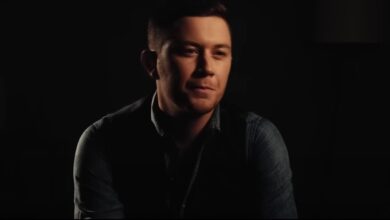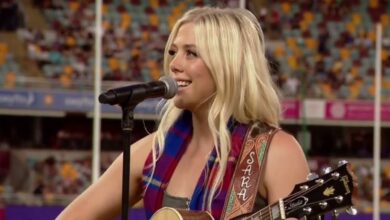Merle Haggard And Marty Robbins Were Unmatched, The Crème De La Crème
“Today I Started Loving You Again,” penned by Merle Haggard and Bonnie Owens in 1968, is a poignant example of classic country music that has touched the hearts of many listeners over the years. The song, characterized by its deeply emotional lyrics and simple yet effective melody, first gained prominence when Haggard recorded it in the same year. His version of the track quickly climbed the charts, reaching number two on the Billboard Hot Country Singles chart, a testament to its widespread appeal and the emotional resonance of its lyrics.
The essence of the song lies in its depiction of heartbreak and the complexities of love. The lyrics convey the story of a man who thought he had moved past a previous relationship, only to find himself falling in love with his ex once more. This recurring theme of enduring love and personal reflection is a hallmark of country music, and Haggard’s original recording captured these sentiments with remarkable authenticity. The song’s narrative explores the struggle between moving on and the inescapable pull of lingering affection, a universal experience that resonates with many listeners.
One of the most memorable renditions of this classic track is the duet by Merle Haggard and Marty Robbins. Both artists brought their unique vocal styles to the song, creating a harmonious blend that enhanced its emotional depth. Haggard, known for his distinctive baritone voice and his ability to convey raw emotion through his music, paired with Robbins, whose smooth tenor voice and emotive delivery, added a contrasting yet complementary layer to the performance. The combination of their voices, trading verses and harmonizing on the chorus, underscores the song’s theme of rekindled love and vulnerability.
Marty Robbins, like Haggard, was a revered figure in country music, known for his diverse repertoire that spanned various genres including country, western, and pop. His contributions to the genre were marked by his rich, velvety voice and his ability to interpret songs with a deep sense of sincerity. Robbins’ ability to convey complex emotions through his singing made him an ideal partner for Haggard in this duet, and their combined talents resulted in a version of “Today I Started Loving You Again” that stands out as one of the most poignant interpretations of the song.
The song’s powerful chorus, which reflects the narrator’s realization of his unchanged feelings, is delivered with a heartfelt intensity in their version. As Haggard and Robbins alternate lines and join together for the chorus, their voices weave a tapestry of longing and regret. This dynamic performance not only highlights their individual strengths but also showcases their ability to complement each other musically, creating a version of the song that remains memorable for its emotional impact.
Throughout their careers, both Haggard and Robbins achieved significant success in the country music industry. Haggard, a key figure in the “Bakersfield sound,” was celebrated for his songwriting prowess and his contributions to the genre. His work often reflected the struggles and triumphs of everyday life, and “Today I Started Loving You Again” is a prime example of his ability to capture the human experience in song.
Robbins, known for his storytelling ability and his versatility, left an indelible mark on country music with his numerous hits and his innovative approach to blending different musical styles. His collaboration with Haggard on this track exemplifies his capacity to collaborate effectively and to enhance the emotional depth of a song.
The enduring appeal of “Today I Started Loving You Again” is a testament to the song’s universal themes and the exceptional talents of both Haggard and Robbins. Their duet has become a cherished version of the song, appreciated by fans for its authenticity and emotional resonance. The song continues to be a favorite among country music enthusiasts, a classic example of the genre’s ability to convey deep emotional truths through music.
